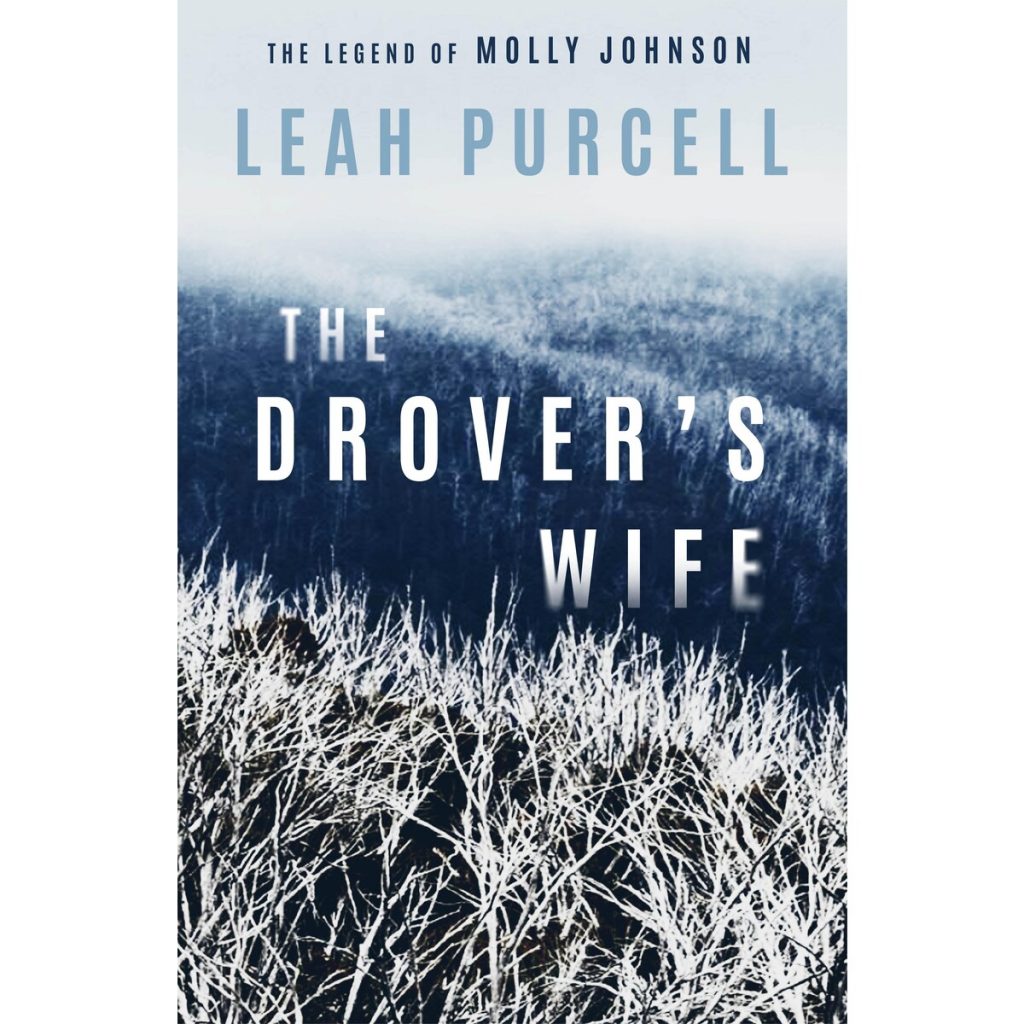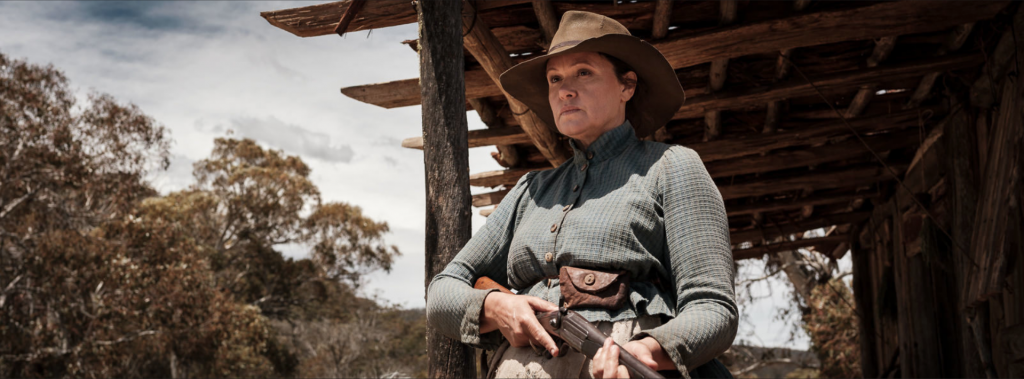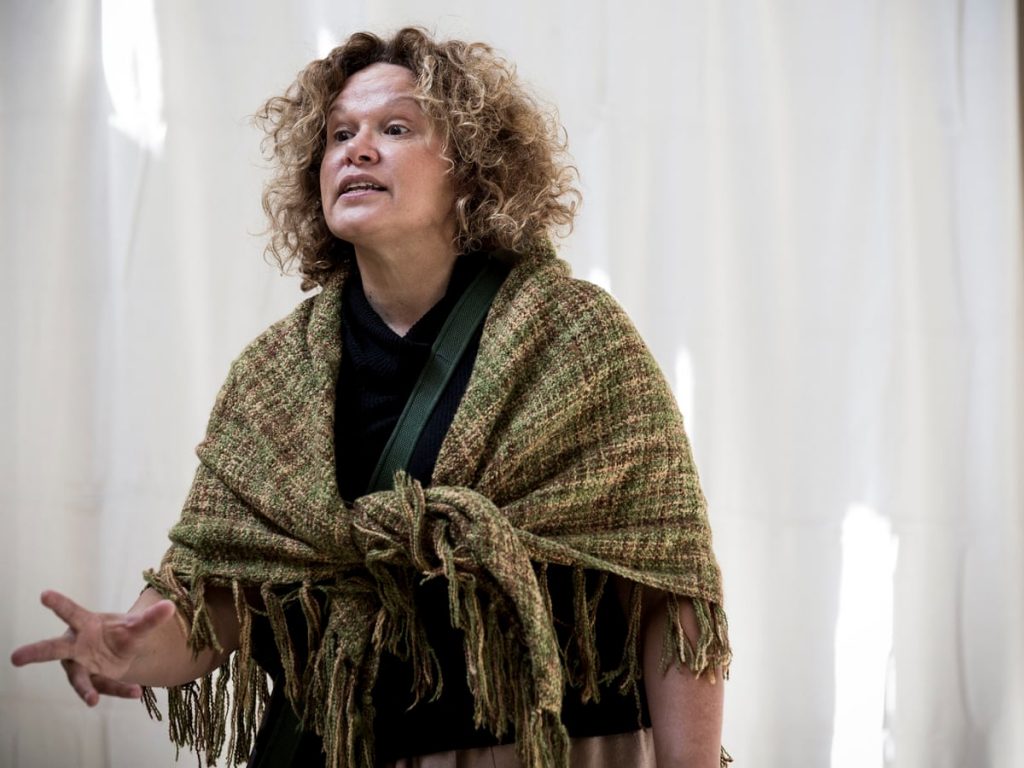The Drover’s Wife, Leah Purcell, Australia, 2019
My understanding is that Leah Purcell wrote a very successful play called The Drover’s Wife (2016), in which she starred in the leading role. She then reworked the play into a novel, most probably adding a lot of extra background information. I have not seen the play, but I am aware that it has won a number of prestigious rewards.

I admit that I am at a disadvantage, not having seen the play; however, I am guessing that the play is more confined and more focused than the novel, concentrating primarily on the events that take place in and around the shack that the drover’s wife calls home.
Purcell chose Henry Lawson’s short story The Drover’s Wife as the launchpad for her play (and, subsequently, her novel), but whether or not Lawson would have seen his characters in the same way as Purcell is another question altogether. It is more than possible that Lawson would have shared Purcell’s ideas about injustice, but I am not sure that he ever considered injustice solely from the point of view of women and Aborigines. On the other hand, Purcell’s idea that everyone has a basic need to belong – to a family or a group – was a theme with which Lawson would have been able to relate.

Molly Johnson lives in a shack in the high country with her four children. Her husband, Joe, is a drover, and she is used to being on her own; she actually prefers being on her own despite the loneliness and the hardship – when Joe is at home he beats her. When an Aboriginal man Yadaka, hunted by the police, seeks temporary refuge, things begin to spiral out of control. Secrets are divulged and dreadful things happen.
It took me a while to get into the book. The mixture of tenses, the confusing changes between third and first person (where it is not always obvious which ‘first person’ is talking or thinking), awkward romantic imagery, unnecessary supplementary information and unlikely exchanges of conversation almost had me closing the book after the first few chapters.

Fortunately, once all the characters are in place, the story takes over, and the second half of the book is more interesting. Yadaka and Nat (the policeman) bring a vestige of goodness and honour to a story that is both violent and upsetting. Nevertheless, the fairytale ending, though desirable, is unrealistic. It would be unrealistic now and much more so back in 1913.
I feel that as a script writer and an actress Purcell is most probably superb, but it is possible that the challenge of transposing the stage to book form was a ‘step too far’.